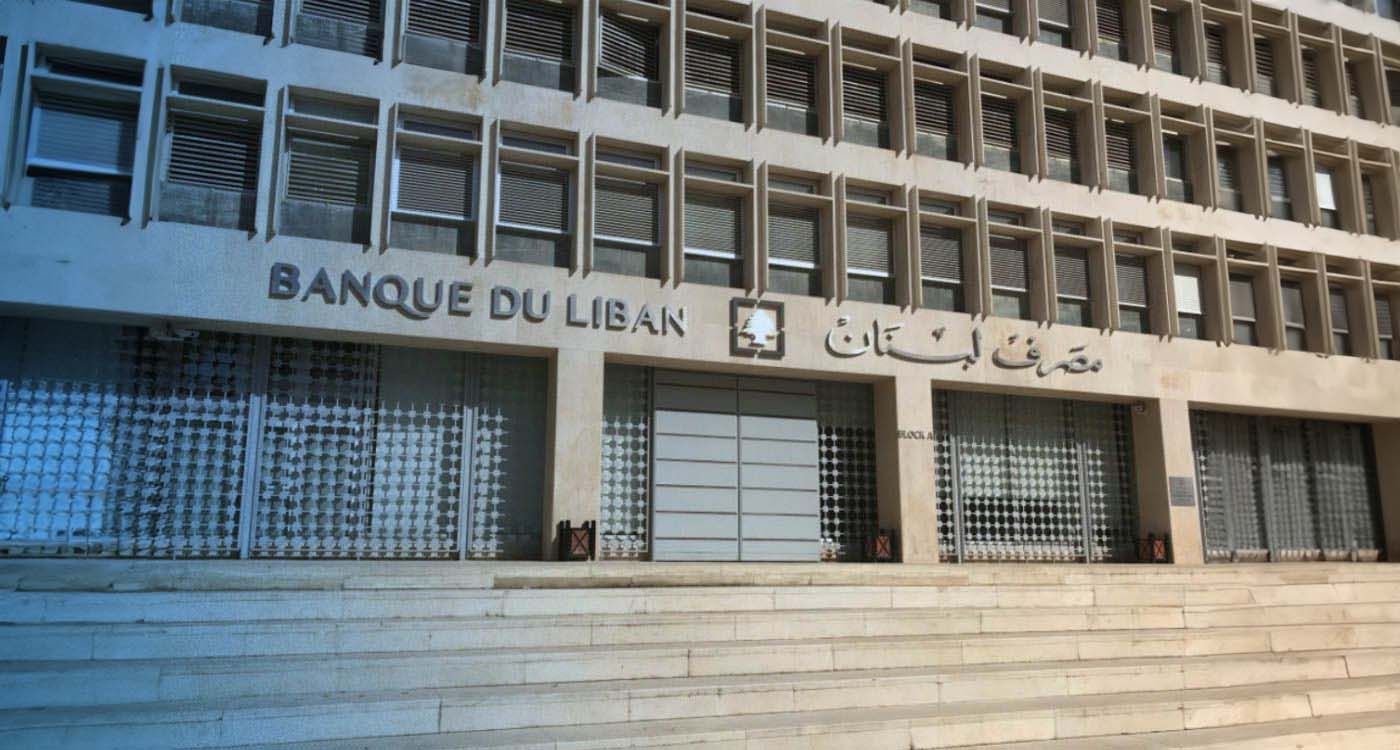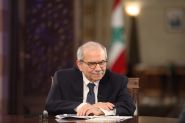
During a visit to Syria in early January, caretaker Prime Minister Najib Mikati was met with a striking demand from the country’s new ruler, Ahmad al-Sharaa: the restitution of Syrian deposits held in Lebanese banks.
While the request might appear justified on the surface, it lacks clarity and a solid legal foundation, according to a legal expert contacted by This is Beirut. Speaking on condition of anonymity, the expert described the demand as “more populist than substantive,” highlighting the absence of supporting official documents.
“In principle, such a claim would require documented proof, which is currently unavailable,” the legal expert said.
The source also questioned the legitimacy of Sharaa’s claim. “In the name of which Syria and which Syrians is Mohammad al-Joulani – better known as Ahmad Hussein al-Sharaa, the leader of Hay’at Tahrir al-Sham (HTS) – speaking?” the source asked. “Do these deposits belong to private individuals, politicians or the Syrian state?”
In any case, such a request can only succeed if it follows a rigorous legal process between the two countries. However, even if this process is underway, Lebanon is going through an exceptional phase in its history, as the banking sector is in the grip of a systemic crisis that has severely impacted its liquidity. In this context, the nationality of depositors is of little importance, as they are all subject to the same legal rules. No preferential treatment can be granted, whether to Saudis, Syrians, Kuwaitis or others.
The settlement of foreign deposits in Lebanon must be part of a global resolution concerning the entire banking sector. If Syrian deposits were to be reimbursed, the funds would be returned to the rightful owners of the bank accounts, and not to the Syrian state.
An Unlikely Figure: $20 Billion?
In 2022, the deposed Syrian president claimed that Syrian deposits in Lebanese banks totaled nearly $20 billion. However, this figure has been widely questioned. Current estimates place total deposits in Lebanese banks at approximately $88.5 billion, divided between resident and non-resident accounts. Of this total, non-resident deposits – including those of Lebanese expatriates – amount to around $20.5 billion, making the Syrian claim appear exaggerated.
Similarly, assertions made by Iraqi depositors in 2021 that their deposits reached $50 billion also lack credibility when compared with these figures.
Acting Central Bank (BDL) Governor Wassim Mansouri recently addressed the issue, revealing that BDL has completed a comprehensive study on the structure of bank deposits. This study, finalized following consultations with President Joseph Aoun, has been submitted to the government and is expected to guide efforts to resolve Lebanon’s banking crisis.
According to Mansouri, any move to reimburse foreign deposits must align with this study, which is grounded in reliable and transparent data. The initiative aims to ensure fairness and balance in the resolution of the country’s financial challenges.
Symbols of the Deposed Regime
Another legal expert raises the possibility of claims concerning the assets of figures from the deposed regime. In this case, legislation to combat money laundering and the financing of terrorism would apply.
Under the procedure, the Syrian authorities formulate a request to lift banking secrecy on the suspect accounts and forward it to the Lebanese political authority. The latter is then required to relay the request to BDL’s Special Investigation Commission (SIC), the only authority competent to rule on the lifting of banking secrecy and the possible freezing of the accounts concerned.
Lebanese banks, as stipulated by existing regulations, are accountable solely to the SIC regarding such matters. This ensures that any investigation or action taken complies with Lebanon’s legal framework and international standards on financial transparency.




Comments